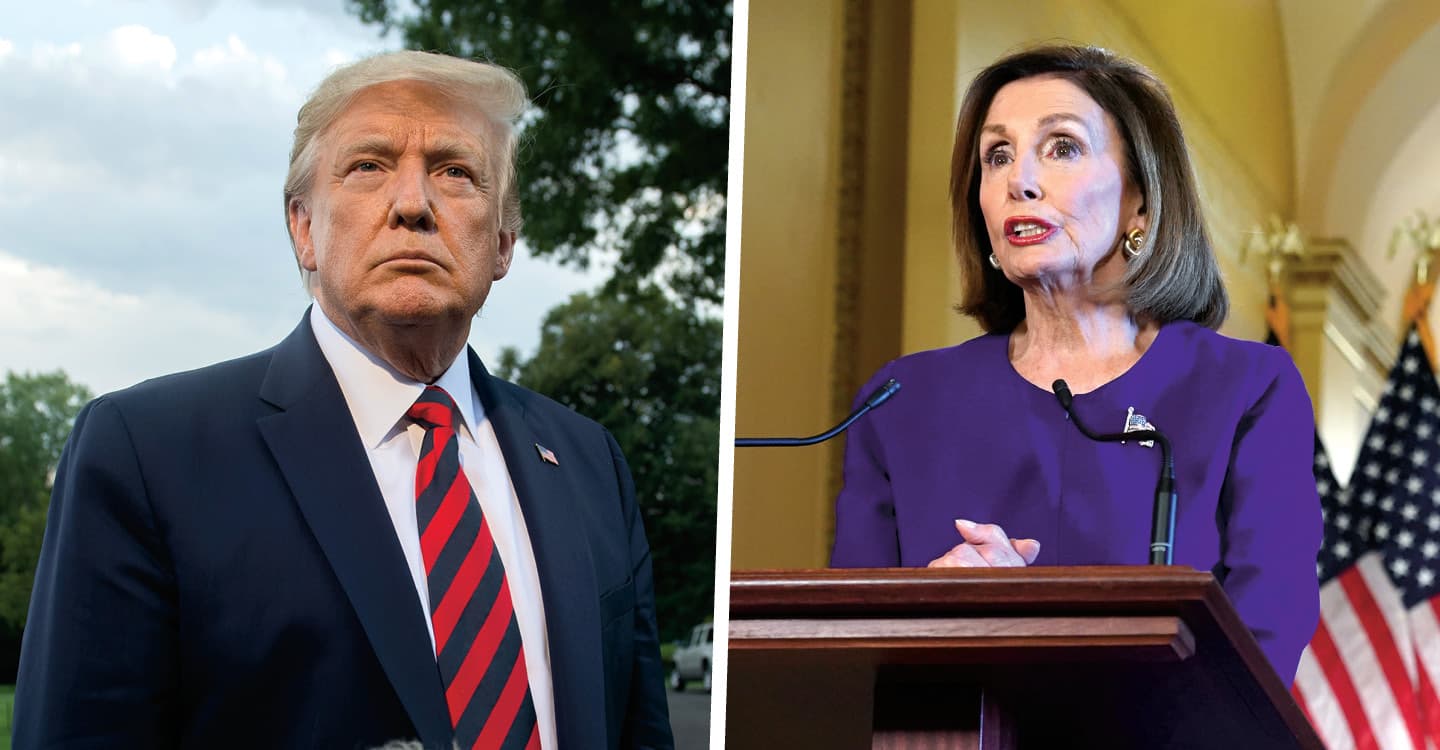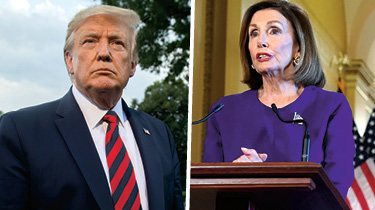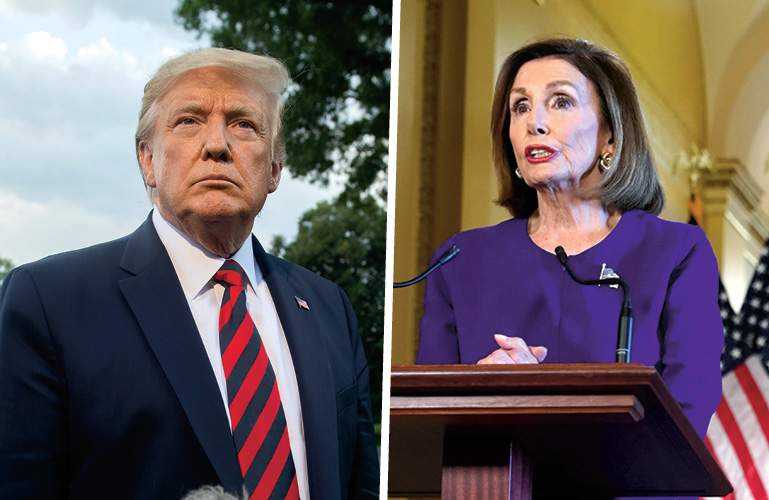On September 24, Speaker of the House Nancy Pelosi announced that the House of Representatives will launch impeachment proceedings against President Trump. Trump will become the fourth president in American history to face an impeachment inquiry.
“The actions taken to date by the president have seriously violated the Constitution,” Pelosi said. Trump, she added, “must be held accountable—no one is above the law.”
The decision was prompted by new allegations that Trump tried to elicit a foreign power’s help in his re-election by pressuring the president of Ukraine to open a corruption investigation of former Vice President Joe Biden; Biden is a leading contender for the 2020 Democratic presidential nomination. President Trump has denied any wrongdoing and called the impeachment inquiry “presidential harassment.”
The constitutional process for trying to remove a president from office is complicated. Here’s a look at how impeachment works.
On September 24, Speaker of the House Nancy Pelosi announced that the House of Representatives will launch impeachment proceedings against President Trump. The announcement came after many months of hesitation. Trump will become the fourth president in American history to face an impeachment inquiry.
“The actions taken to date by the president have seriously violated the Constitution,” Pelosi said. Trump, she added, “must be held accountable—no one is above the law.”
Trump has been caught up in a new scandal. It centers on claims that he pressured the president of Ukraine to open a corruption investigation of former Vice President Joe Biden. Biden is a leading contender for the 2020 Democratic presidential nomination. President Trump has denied any wrongdoing and called the impeachment inquiry “presidential harassment.”
The constitutional process for trying to remove a president from office is complicated. Here’s a look at how impeachment works.



